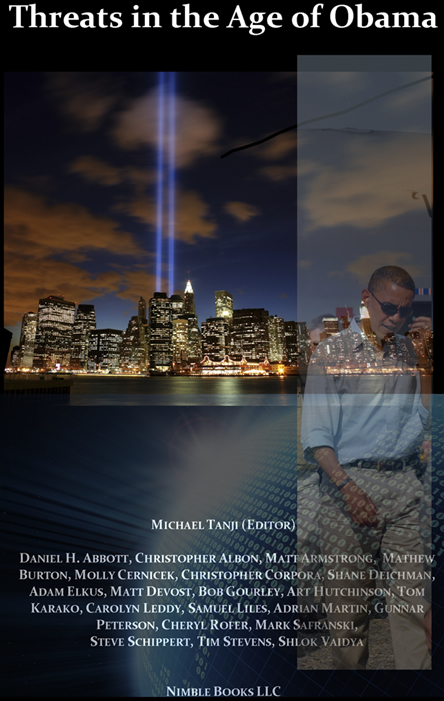I have to apologize to my fellow roundtable participants for my lengthy absence. I will endeavor to catch up, starting with this post.
My background is in 20th century diplomatic and economic history, with an emphasis in the Cold War and related Soviet Studies. Our former Communist adversaries, especially the doctrinaire ideologues among them, were fond of employing a term “correlation of forces” to describe the geopolitical situation as being favorable or unfavorable to some proposed course of action. While it was woodenly uttered Marxist jargon, “correlation of forces” was far from meaningless as a phrase. It was a reminder in that grotesquely ideological world that it was important in affairs of state to calculate rationally. Even the old monster Joseph Stalin was known to bark at his henchmen” This is not a propaganda meeting!” when matters of war were being discussed in council.
Clausewitz devoted Book III of On War to matters of general strategy and he has an important section on the nature of calculation ” Possible Engagements are to be Regarded as Real Ones because of Their Consequences“:

